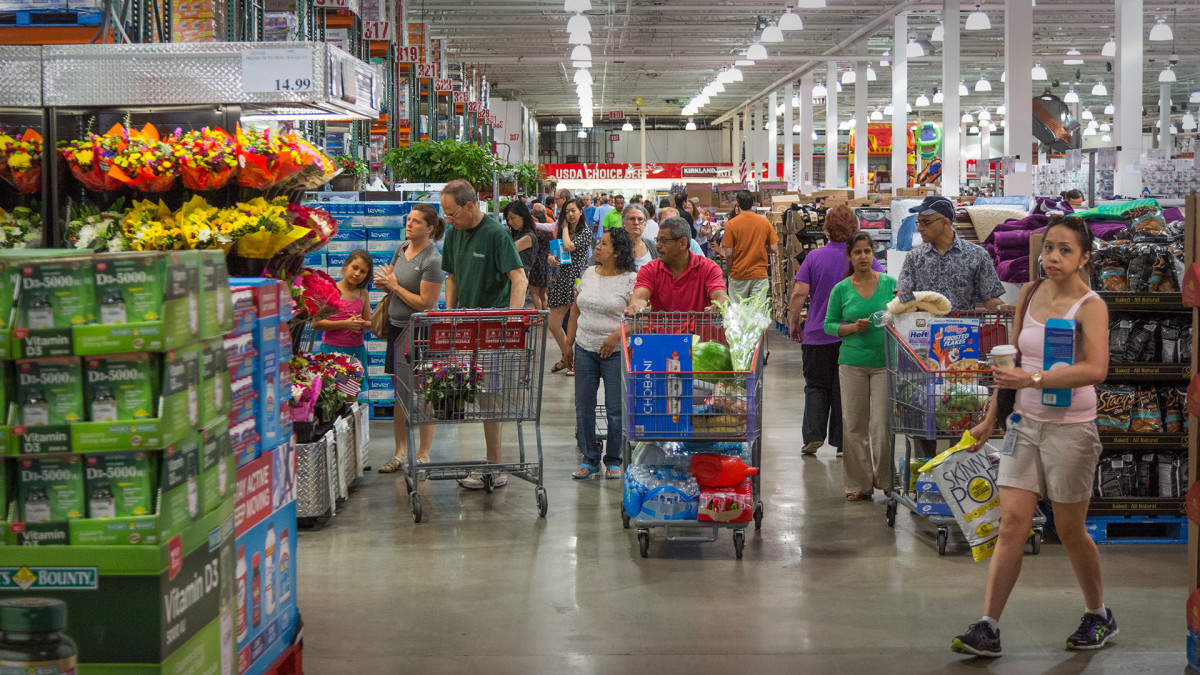During the pandemic, I encountered a striking series of photos depicting empty spaces worldwide that are typically filled with life—streets, airports, subway stations, cafes, museums. Viewing these images had a strangely unsettling, existential effect on me.
When we see pictures of natural landscapes like forests, mountains, and oceans, their uninhabited state doesn’t disturb us. In fact, many seek out such sparsely populated places to reconnect with nature. Yet, seeing unpopulated spaces designed to foster the activities that sustain civilization, the stark absence of people served as a sobering reminder: the true essence of our constructed world lies not in the impressive structures themselves, but in the people who animate them.
Are our discussions about the growing fertility crisis failing to resonate because we aren’t emphasizing the profound existential implications of a world with fewer children? Indeed, a recent Newsweek poll found that only a minority of Americans are very concerned (16%) or somewhat concerned (21%) about the declining birth rate.
Understandably, conversations around falling birth rates often focus on economic and policy challenges. As our population ages, we will face labor shortages, increased strain on social safety net programs, decreased economic growth, and other issues stemming from a smaller working-age population supporting a larger elderly population.
These issues are significant, but so are the more philosophical ones—concerns that are less about material considerations and more about the psychology of human flourishing. Seeing fewer and fewer children in our communities should evoke a growing sense of existential unease.
The seeming indifference to below-replacement fertility rates may stem from an overemphasis on practical matters that fail to stir the soul. Some don’t see the relevance of the problem in their own lives. Others are counting on technology, such as automation, robots, and artificial intelligence, to support our aging population.
Declining birth rates will lead to hard times ahead Some acknowledge the difficult times ahead but point to our species’ resilience, innovation, and industriousness, suggesting we will adapt. Certain environmental and social activists even view the situation positively, advocating for anti-natalism as part of their de-growth agenda.
What these material-focused perspectives fail to highlight is that for most people, other individuals (especially family members) are the existential resource that makes them resilient, innovative, and industrious. They are motivated to solve big challenges and advance human progress so future generations can enjoy a better life. Meaning in life is a self-regulatory and motivational resource, and Americans are more likely to find meaning in family than any other factor, including careers or personal goals.
Studies show that parents report higher levels of meaning in their daily lives than childless adults, especially when engaged in activities involving their children.
Family provides meaning in life In my research on the psychology of nostalgia, I’ve collected thousands of personal narratives about meaningful memories, and family is a central theme in these reflections.
Of course, individuals can lead meaningful and successful lives without children. Many achieve social significance through entrepreneurship, science, art, education, mentorship, leadership, service, and philanthropy. But for most people, family is a critical source of meaning.
If we want more people to care about the issue of declining fertility and address the complex personal, cultural, economic, and policy factors discouraging family formation, we must emphasize the profoundly human aspect of the story. We need to highlight that we are an existential species driven by meaning.
Fewer people mean less meaning, and less meaning results in a diminished humanity.





